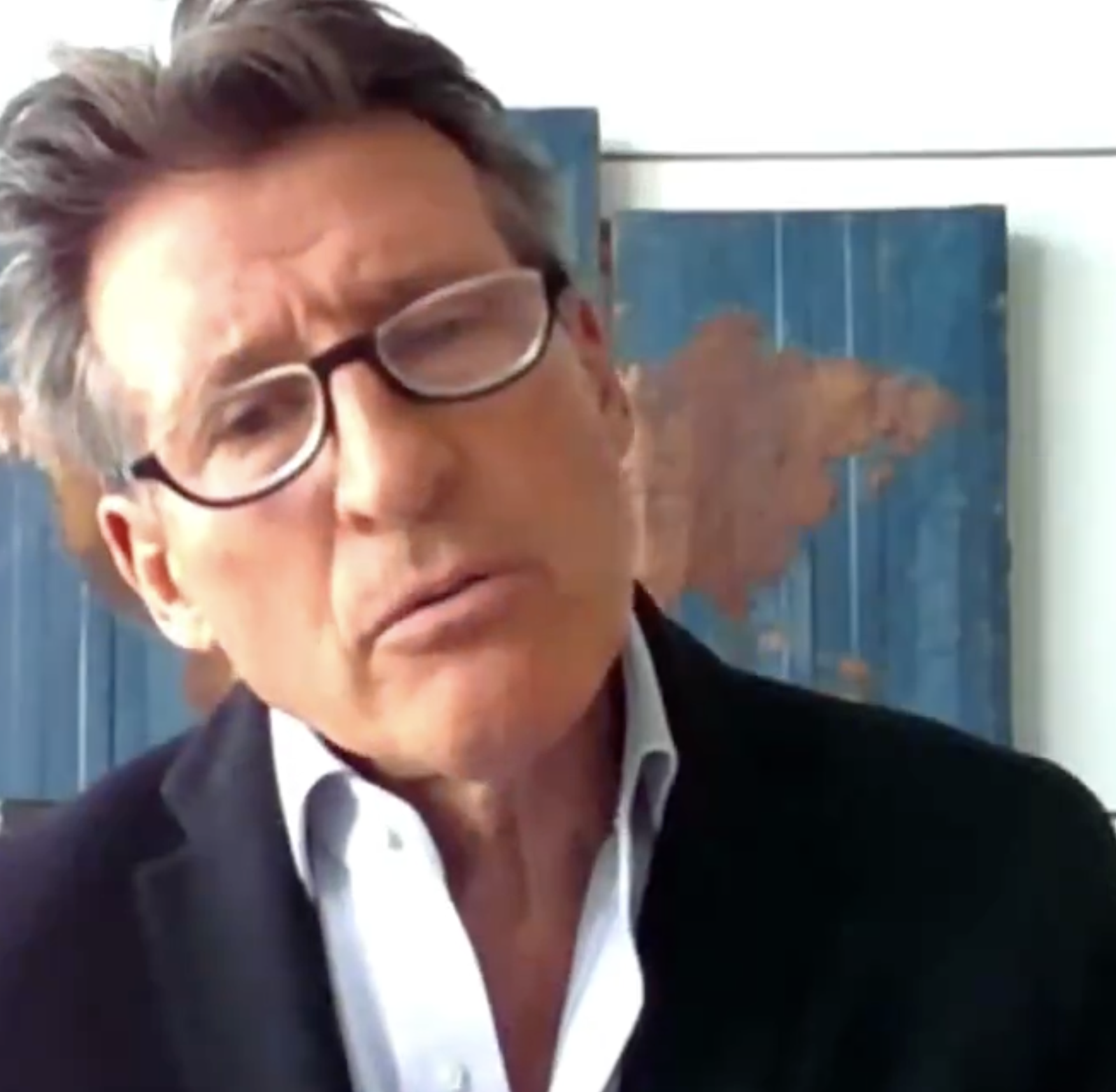Insiders at World Athletics are believed to have stolen about $1.75 million over “a period of several years,” prompting the federation to pursue criminal cases while launching “a set of enhanced internal financial controls,” it said in a statement.
The federation said it discovered the “systemic theft” earlier this year. The focus, it said in the statement, centers on two former employees and a contracted consultant. At issue: fake or doctored invoices.
One of the two ex-employees left before the theft was discovered. The other, and the consultant, “had their contracts terminated,” the federation said in that statement, offered in response to an inquiry about the matter.










